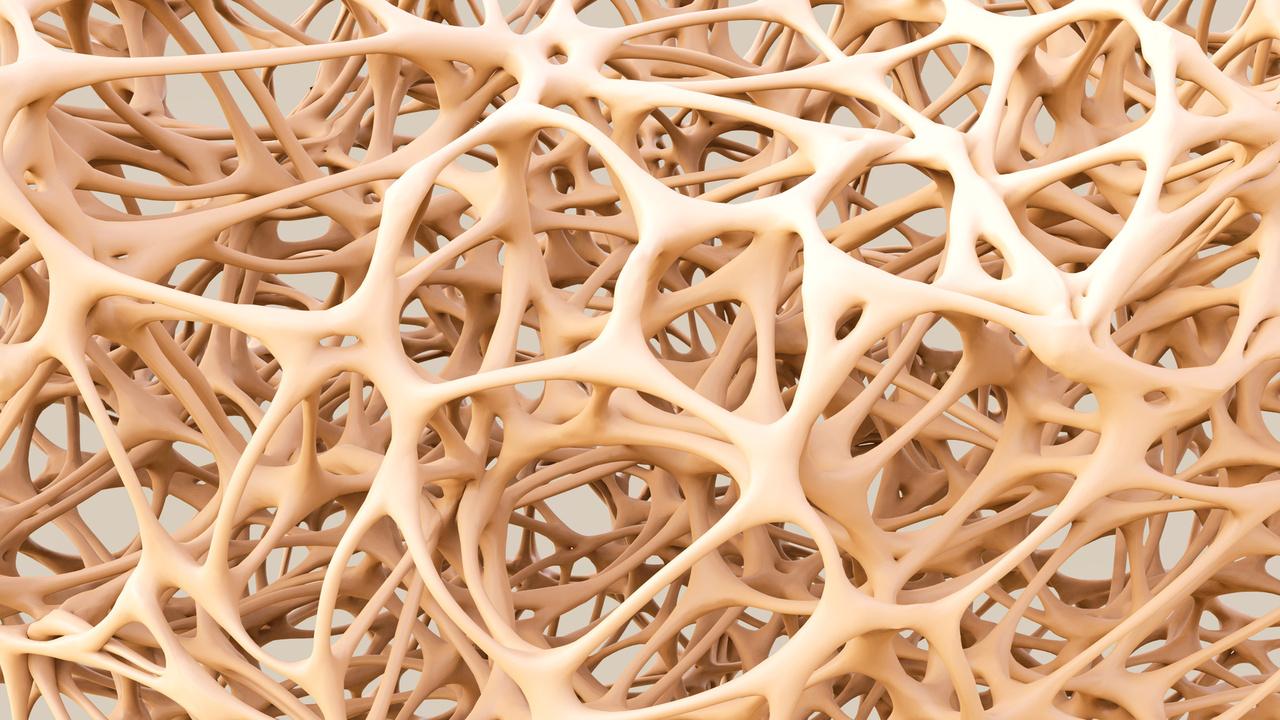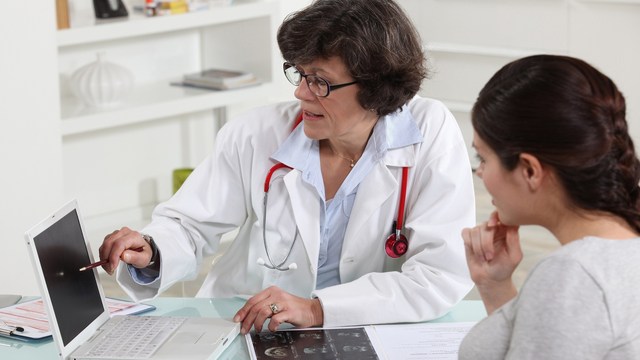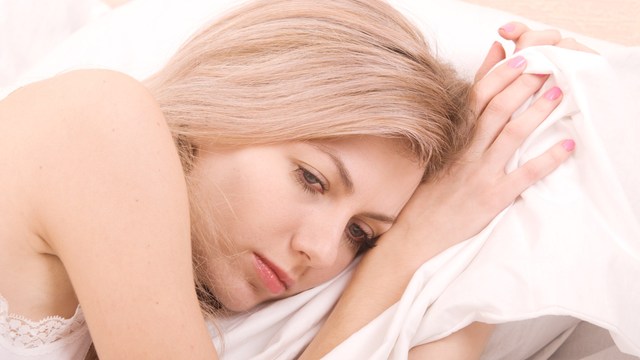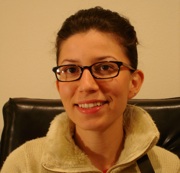Dizzy spells are sometimes harmless, but if they occur regularly, they might be a symptom of osteoporosis.
That’s because people who suffer from osteoporosis are more likely to suffer from vertigo, according to a study printed in last month’s journal of the American Academy of Neurology.
Vertigo is an inner ear disorder that leads to the sensation of spinning and motion even when standing still. It’s associated with loose calcium carbonate crystals in the inner ear.
The study included more than 200 people suffering from benign positional vertigo without any known cause. Those people were compared to another 200 people without any history of dizziness. Osteoporosis sufferers proved three times more likely to have vertigo compared to people with normal bone density. Participants who suffer from osteopenia, a precursor to osteoporosis, were twice as likely to have the condition.
The link between vertigo and bone disease was even stronger for women than for men. Women far outweigh men as osteoporosis sufferers, and they usually start experiencing vertigo symptoms around the time that menopause sets in and estrogen production ends. But researchers haven’t determined if estrogen plays a direct role in the onset of vertigo and noted that men with osteoporosis are also at increased risk for the condition.






Add a Comment3 Comments
Like Diane, I have good bone density, but I've long had vertigo. I always attributed it to how my ears are structured (I have small ears and should have had tubes inserted as a child) plus sinus issues. My grandmother had bone cancer, so that's something I'm watching for in my health history. Being lactose intolerant, I find it difficult to get my required daily dose of calcium.
Thanks for the share. I had not heard of a relationship between vertigo and osteoporosis before.
April 20, 2009 - 6:51pmThis Comment
Mireya,
This is a very interesting post. I am wondering if the osteoporosis always comes first? Or if the vertigo is somewhat of a warning system? Or if there are other elements that both osteoporosis and vertigo might have in common?
I have very strong bone density (tested within last year), but occasionally do have vertigo spells. My mother also has occasional vertigo spells, but we've never been able to attribute them to anything. However, her bones seem quite strong as well -- she fell (in an aerobics class, no less, at 80!) and didn't have any injury other than a bruise.
Is there a which comes first - the chicken or the egg -- element to this, when there is indeed a connection?
April 20, 2009 - 8:58amThis Comment
The researcher of this study said the findings "suggest a problem in calcium metabolism in people with vertigo." Since the relationship between the two hasn't been defined yet, all we know is that a relationship exists, not whether it's causal. At this point, all that can be said is that vertigo may be a good indicator of bone disease. Benign vertigo is the most common, and is attributed to the loose calcium particles in the ear that are particularly sensitive to some movements, like getting out of bed in the morning. This condition is most generally associated with growing older and its exact cause hasn't been pinpointed. As long as you continue to test your BMD and stay active and your/your mom's vertigo doesn't worsen, it seems you're doing all the right things. We'll just have to wait to find out which comes first.
April 20, 2009 - 5:13pmThis Comment